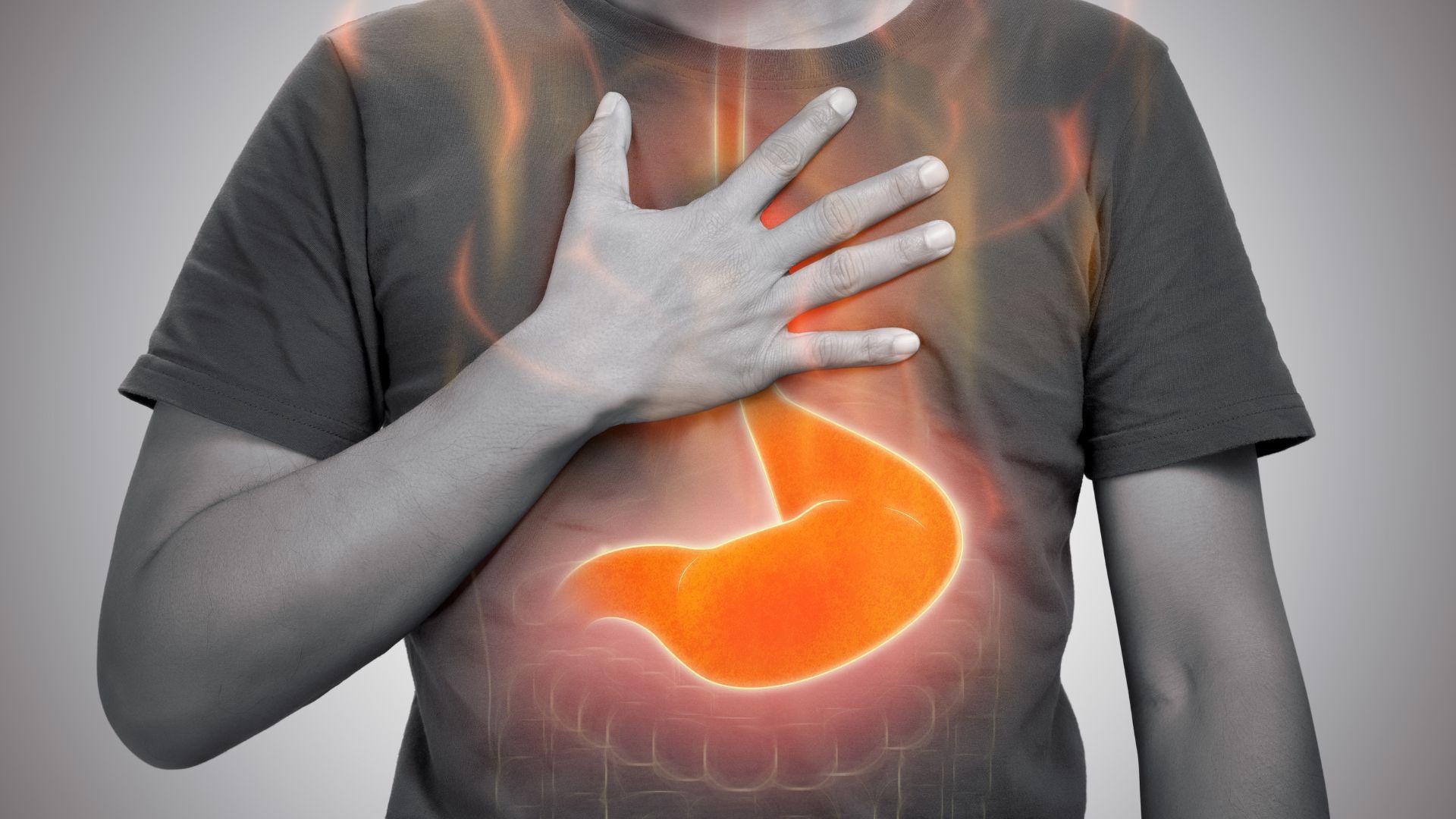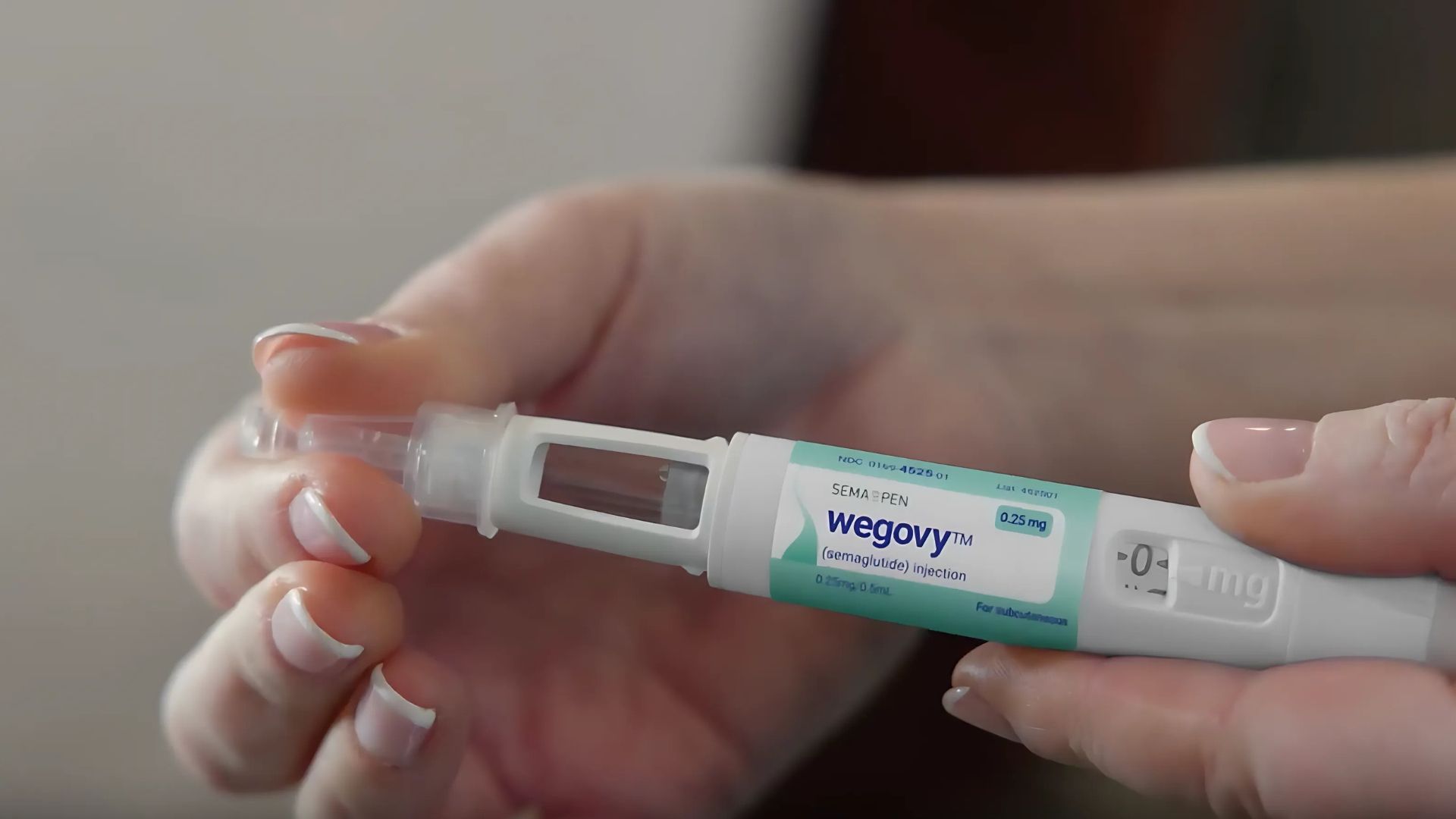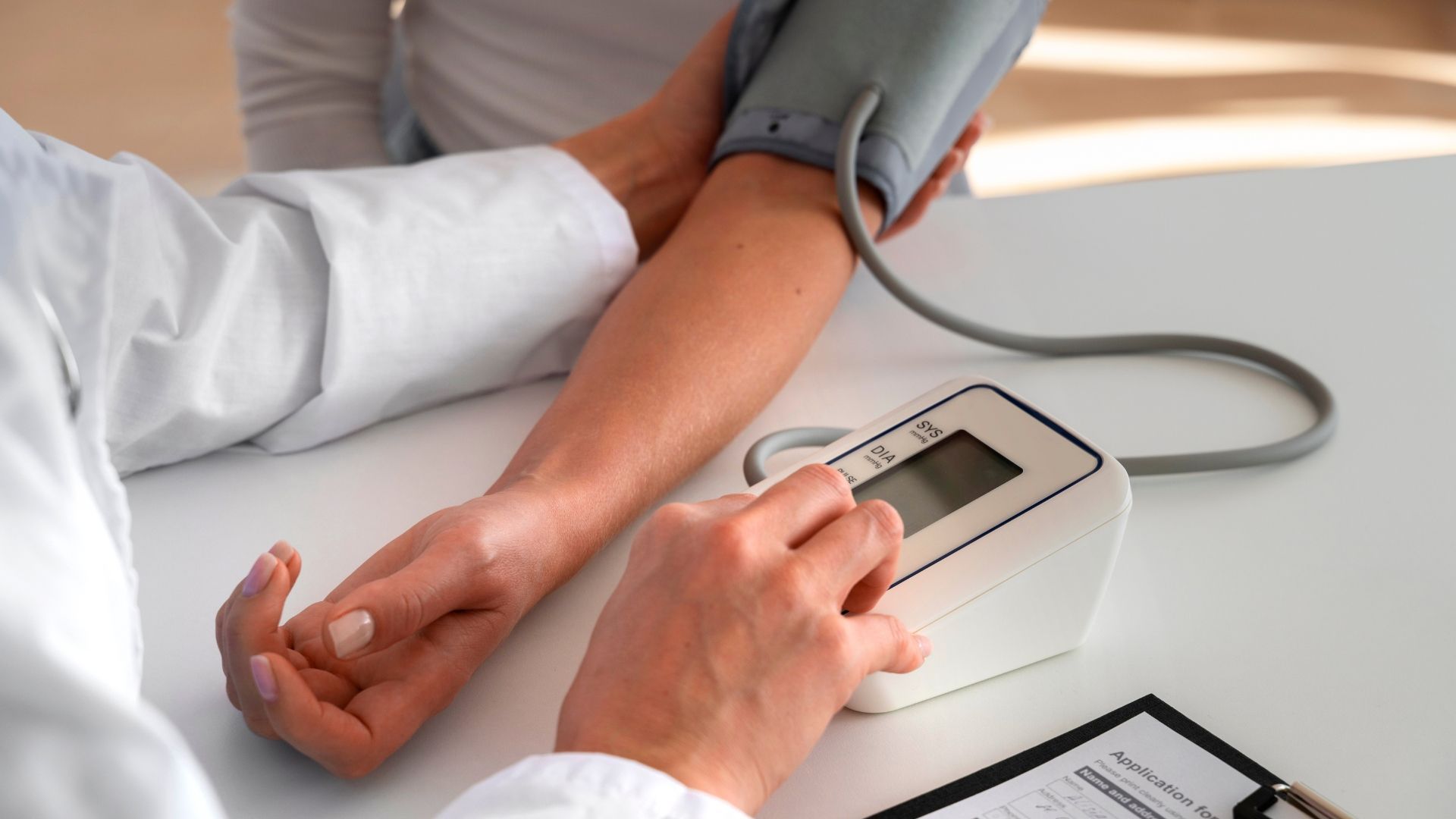Mounjaro and acid reflux: what triggers it and how to treat it
Are you experiencing acid reflux after injecting Mounjaro? Learn what causes it and what can help.

Acid reflux happens when digestive acid comes up from your stomach through the oesophagus – the pipe that carries food and liquids when you swallow. It can cause a variety of symptoms, including:
- Regurgitation (being a bit sick in your mouth – often with a sour taste)
- Nausea (feeling sick)
- The burning sensation known as 'heartburn'
Additionally, if acid reflux happens when you're asleep, you might wake up with a sore throat.
It's estimated that
up to 20% of adults in the UK experience severe acid reflux from time to time. Fortunately, for most of us, it's just an occasional occurrence that goes away with time.
However,
injectable weight loss medications like Mounjaro can make episodes of acid reflux more likely.
Acid reflux is one of the most common
side effects of this type of medication (GLP-1 RAs). According to the
Mounjaro patient leaflet, reflux or heartburn typically affects around one in 10 people who use the drug.
Not everyone is affected in the same way, though. Many aren't affected at all. If it does affect you, it will usually be when you start taking the medication or increase your dose. Many users find the symptoms subside over time as their digestive system adjusts.
That said, learning the facts about Mounjaro and acid reflux can help you minimise the symptoms or avoid them altogether. In this guide, we cover the triggers of acid reflux, why Mounjaro is associated with it and simple remedies you can use to control it.
What can trigger acid reflux?
There are two main triggers for acid reflux. The first is when there's a build-up of acid from acidic foods and drinks. The second is when the stomach is squeezed when it's full.
For example, bending down to pick something up just after eating a rich meal is a classic acid reflux trigger.
Nicotine in tobacco or nicotine vapes can also increase acid reflux. This is because they relax the ring of muscle in the lower oesophagus.
Why can Mounjaro increase acid reflux?
One of the ways Mounjaro helps you eat less is by slowing down your digestion so you feel full for longer. This may make it more likely that acid will build up in the stomach. It could also cause a pressure build-up because the stomach empties more slowly. Either of these scenarios could trigger acid reflux.
Fortunately, there are some simple steps you can take to reduce the amount of stomach acid and prevent this pressure build-up.

Tips to minimise or prevent acid reflux
- Keep a food diary. It will help you to identify specific foods or drinks that trigger acid reflux.
- Avoid spicy, fatty and greasy foods as these can all make symptoms much worse. You may wish to look at food labels or use an app such as Nutrachek to identify high-fat foods.
- Limit or avoid caffeine, fizzy drinks and alcohol as these may worsen symptoms.
- Plan six small, low-fat eating episodes per day instead of three larger meals.
- Eat slowly. This allows the digestive enzymes in your saliva to start breaking down food and helps you recognise when you are full.
- Wait at least an hour after eating before you lie down – preferably longer.
- If you smoke or use a nicotine vape, seek support to cut down or (preferably) stop nicotine products completely.
- When you go to sleep, prop up the head end of your bed by 10cm to 20cm. The advice is to raise the bed or even the head end of your mattress rather than trying to prop yourself up with pillows. Using pillows could cause problems for your neck, shoulders and back.
- Stick to loose-fitting clothing around your waist and avoid bending down immediately after eating.
If you find the reflux is still a nuisance after making these changes, you could try an over-the-counter antacid. Look out for brands like Gaviscon, Rennies or Tums – or try a generic equivalent. These treatments work quickly to neutralise the gastric acid in your stomach.
Also available are proton-pump inhibitors (PPI), such as omeprazole and lansoprazole, and H2 blockers like ranitidine and cimetidine. These reduce the production of stomach acid.
Always have a chat with your SemaPen team before taking any over-the-counter medication to make sure you choose one that's suitable for you. This will depend on your other medical conditions and any other medications you are taking.
You can also get prescription versions of these medications from your GP or private doctor. However, be sure to inform them of your Mounjaro treatment so they can prescribe the best one for you.
As with any side effect, if the symptoms persist or worsen, always seek advice from your SemaPen team.
SemaPen is part of the Phoenix Health Group. Our
medical weight loss plans are designed by UK obesity specialists and include ongoing advice and support to help you achieve your goals. Learn more about our
Mounjaro programme – or read our
expert guides for more helpful information.
This article was reviewed by and approved by Alice Fletcher, Bariatric Dietitian, on 5 March 2025.












